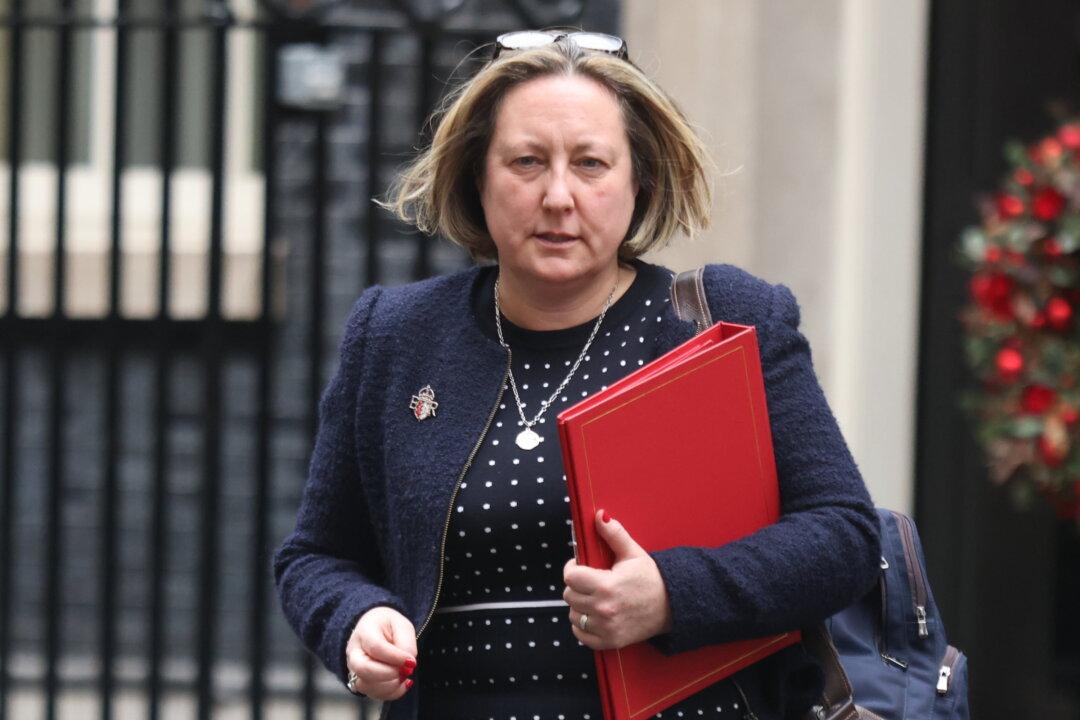The UK will depart from its “international legal obligations” and extend the quotas and tariffs on five categories of steel imports, a government minister announced on June 29.
International Trade Secretary Anne-Marie Trevelyan told Parliament the measure was to prevent “serious injury or the threat of serious injury to UK steel producers.”





